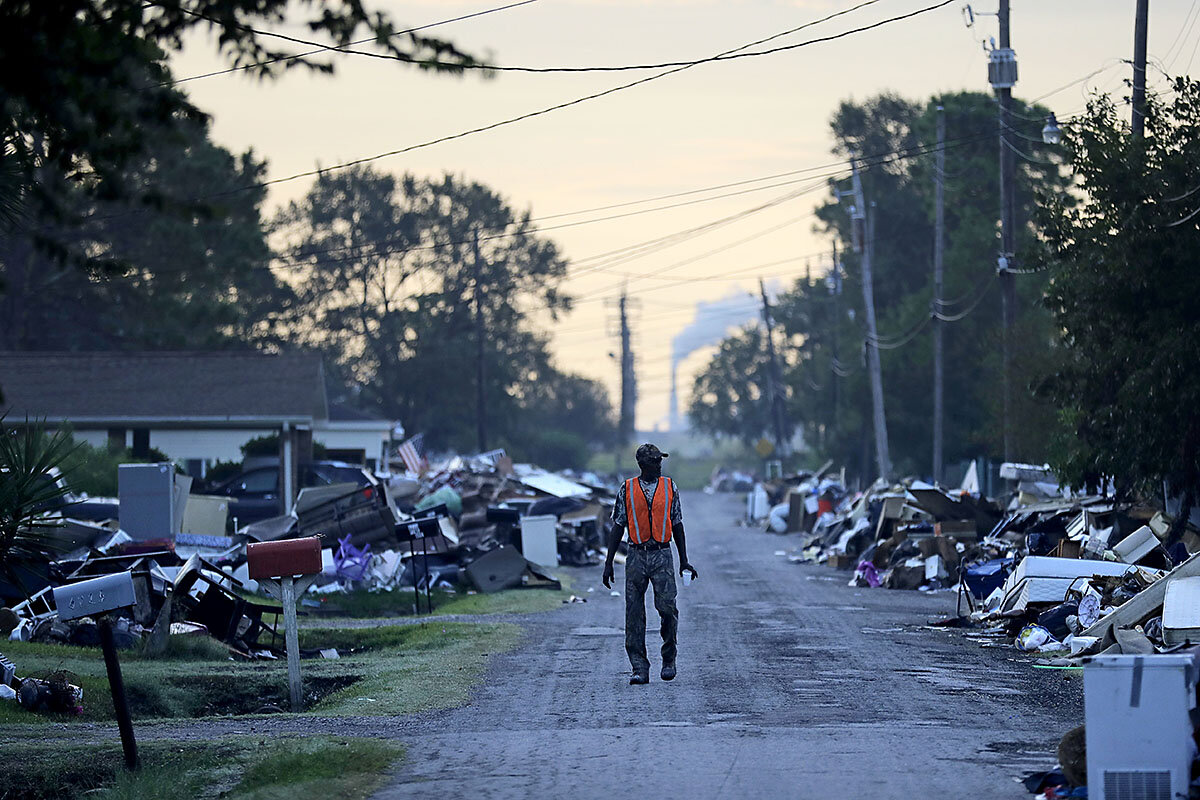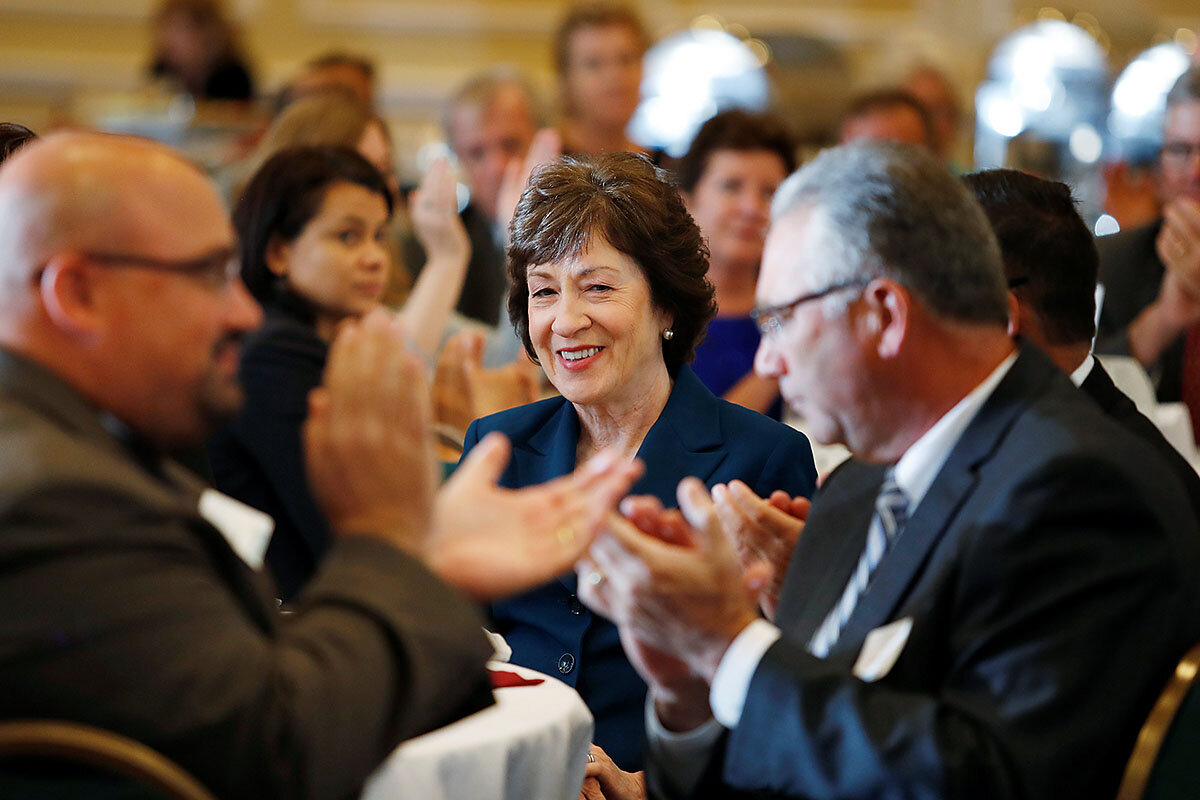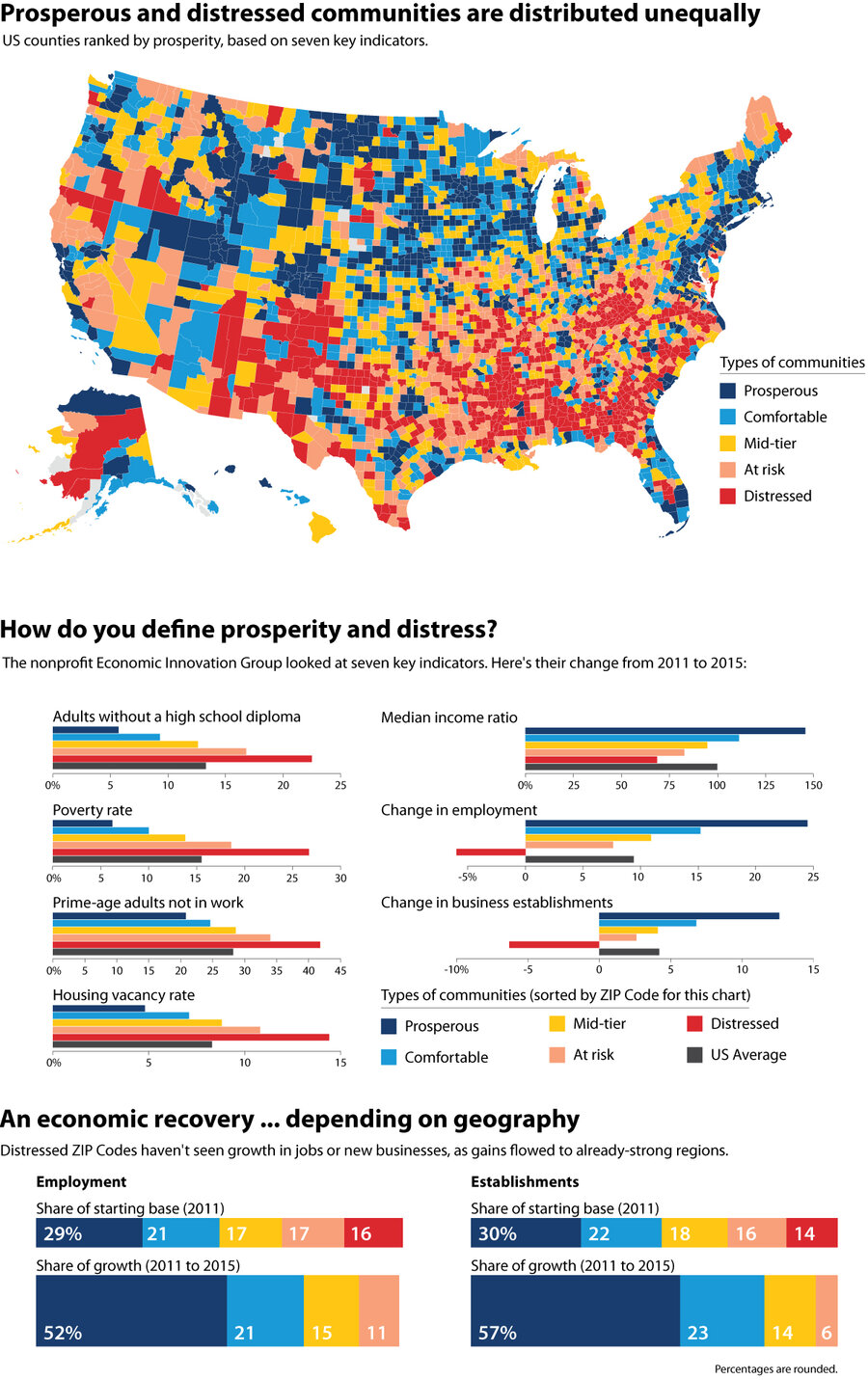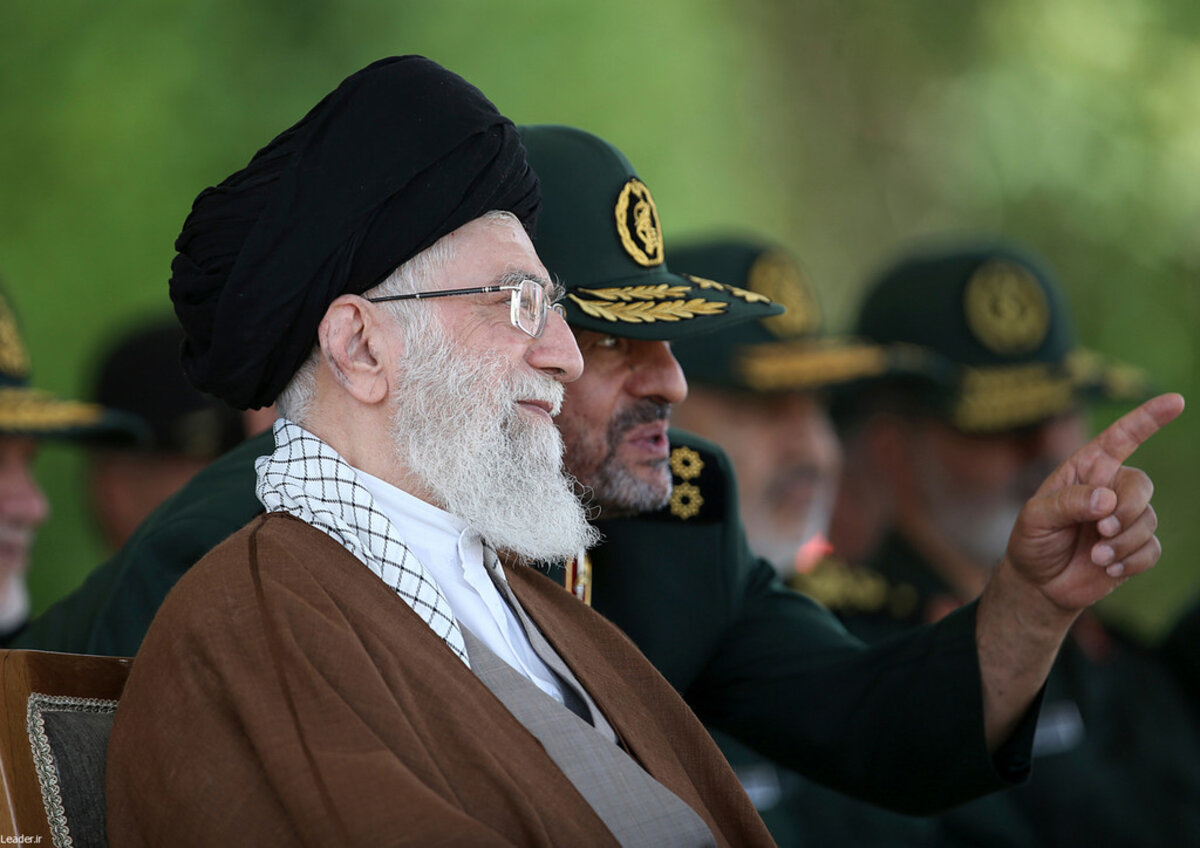It's no secret that President Trump is sharply at odds with his top advisers. But what does that mean for the direction of US foreign policy?
Monitor Daily Podcast
- Follow us:
- Apple Podcasts
- Spotify
- RSS Feed
- Download
 Marjorie Kehe
Marjorie Kehe
When it first opened its doors in 1971, the Ivory Coast’s Museum of Civilisations in Abidjan was celebrated as one of the richest collections of African art in the world. Sadly during the country’s civil war in 2011, the museum was brutally looted. About 120 items – including some of the museum’s major works and some pieces considered sacred – were taken.
This month the museum is mounting its first new exhibition since it reopened to the public this summer. The new show is called “Renaissance” and it will feature 100 of the museum’s finest remaining pieces.
“We’re living through a renaissance … with cultural and artistic development,” museum director Silvie Memel Kassi told the Agence France-Presse.
Ms. Kassi admitted that it’s hard not to feel bitter about the museum’s losses. But museum staff members are focusing on the future, setting aside special spaces to celebrate contemporary artists.
“We wanted to show that the artists whose creations are today regarded as ‘ancient works’ are the very same as Africans producing contemporary work,” says Kassi.
Consider it just one more example of the amazing resilience of the human spirit.
Now for our five stories showing resoluteness, shifts in thinking, and a search for solutions.










